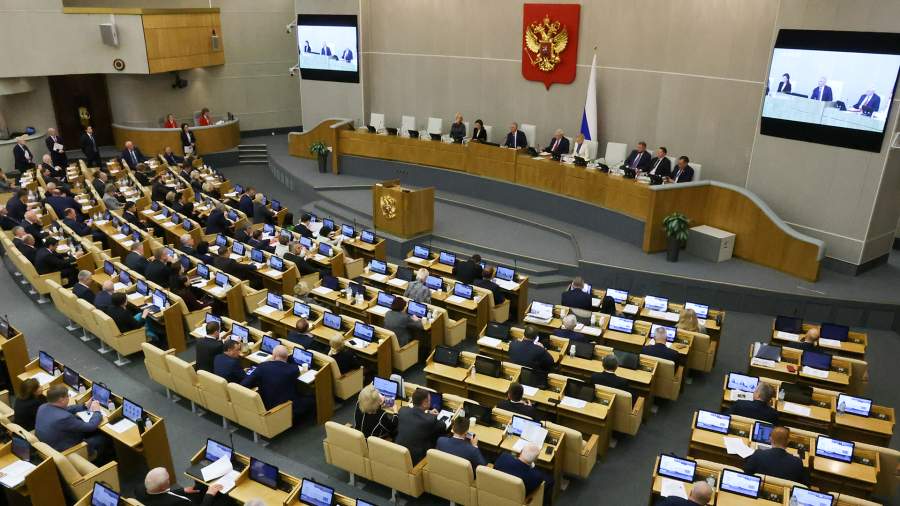The State Duma passed a law on credit cooling. What it means

The State Duma has passed in the third reading a law which introduces a cooling-off period for the granting of consumer loans. This measure is aimed at preventing cases of fraud, so that the borrower could refuse to receive cash and did not lose his savings. How the law will work and what other measures against intruders in it are prescribed - in the material "Izvestia".
How loans will now be issued
- Now the borrower will be able to receive funds under the contract of consumer credit after a certain period of time. If the loan amounted from 50 thousand to 200 thousand rubles, the money will be transferred no earlier than four hours after signing the individual terms. If the amount exceeded 200 thousand rubles, the borrower will receive the money only after 48 hours. The same applies to increasing the loan amount or credit limit.
- Such a measure should give the borrower time to realize whether he is under the influence of fraudsters. Attackers often rush their victims to hand over the money, literally without leaving the bank's cash register. During the time defined by the law, bank employees or relatives of the borrower will have time to check whether he really needs to borrow an impressive amount of money, and if influenced by fraudsters, to dissuade him from doing so.
- The new requirements also apply to loans issued by microfinance organizations. At the same time, the law provides for a number of cases when you will not have to wait for approved funds. It will be possible to get money immediately if the borrower has guarantors or an authorized person to confirm the agreement, if a car loan is taken against the security of the car, if the loan is needed to repay another loan (in this case, credit obligations do not grow), if the funds are transferred to a legal entity for the purchase of goods and services (but not on the Internet) or if the loan is taken for education.
- In certain cases, the Bank of Russia may allow a financial organization not to comply with the requirements specified in the new law. Such a decision may be taken if it is established that the bank has been implementing effective anti-fraud measures for two consecutive quarters and verifying that contracts are not concluded without the voluntary consent of clients. If the Central Bank evaluates these efforts, the cooling-off period for loan issuance could be shortened or eliminated altogether.
- The law will take effect 90 days after its official publication, when it will also be approved by the Federation Council and signed by the Russian president. But the requirements for deferral of loan disbursements will come into effect on September 1, 2025.
How the law will restrict transfers to a digital card
- Part of the law's provisions are dedicated to digital (they are also called tokenized) payment cards. Such cards are a common tool of fraudsters. After convincing the victim to hand over their money, they usually demand that a virtual card be issued (for example, in the Mir Pay app) using their own data and then replenished through an ATM. Immediately afterwards, criminals who know these details withdraw the money.
- Now banks are obliged to refuse customers if they want to deposit more than Br50 thousand on a virtual card within 48 hours of its registration. When trying to deposit funds through an ATM, a message about the refusal and its reasons should appear. At the same time, banks must record such cases and report them to the Central Bank for further investigation.
How else the law fights fraudsters
- The law also obliges banks to conduct additional checks to stop fraudulent transactions of their customers. They will have to share information online with credit bureaus and respond to suspicious activities. Microfinance organizations will also need to ensure that the borrower and the recipient of funds are the same person.
- Violation of this and other new requirements will have direct consequences for lenders. If a bank fails to follow all of the procedures listed in the law, resulting in a criminal case for embezzlement, it will not be able to require the borrower to repay the funds, charge interest, or assign claims to other organizations. This restriction will remain in effect until the judgment enters into legal force, when claims can be made against the convicted fraudster.
- Banks will have access to the Central Bank's database on fraudulent transfers. Those who will be mentioned in it, banks will be able to refuse to issue payment cards, suspend all their operations on already issued cards or limit their operations to Br100 thousand per month.
Переведено сервисом «Яндекс Переводчик»

